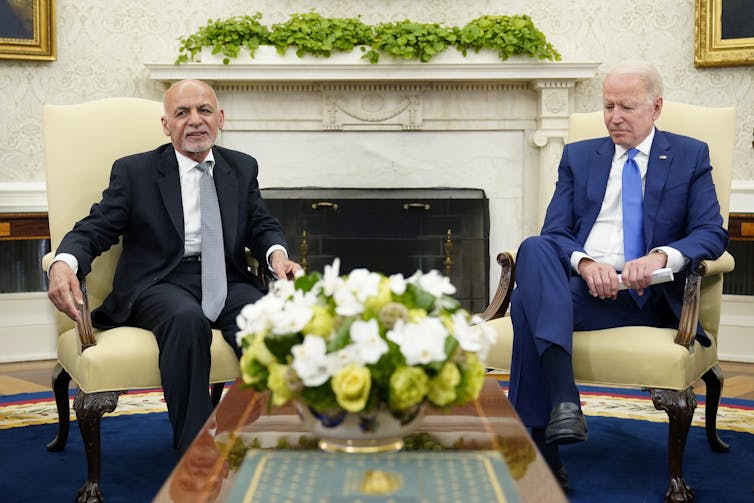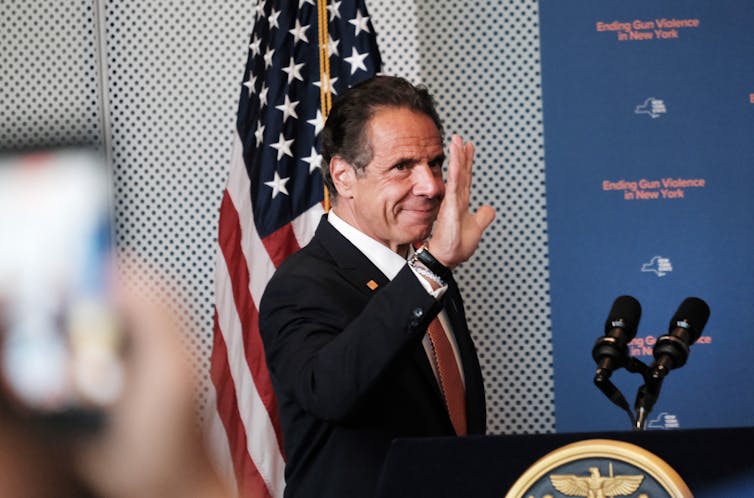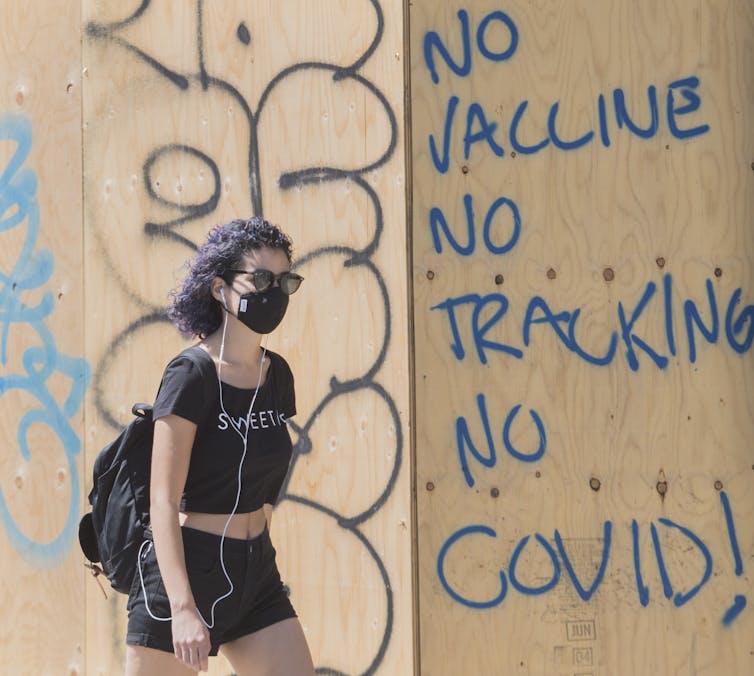A U.S. court on Friday sentenced a Nigerian, Afeez Adebara, to four years’ imprisonment “for managing a group of money launderers in an online Nigerian romance scam”.
The group led by the 36-year-old Oklahoma resident was said to have defrauded multiple victims, including elderly individuals across the U.S., and caused losses of at least $2.5 million.
A statement by the U.S. Department of Justice disclosed on Friday that Mr Adebara was sentenced in Northern District of Oklahoma after he earlier pleaded guilty to conspiracy to commit money laundering on November 3, 2020.
The Assistant Attorney General, Kenneth Polite Jr. of the Justice Department’s Criminal Division, Acting U.S. Attorney Clinton Johnson for the Northern District of Oklahoma, and Special Agent in Charge Melissa Godbold of the Federal Bureau of Investigation (FBI), Oklahoma City Field Office, made the announcement.
They said the case was “a part of an ongoing national effort by the Department of Justice to address online fraud schemes, including those based out of Nigeria, that target U.S. citizens and residents”.
Their statement, which cited court documents and testimony, said Mr Adebara and co-conspirators used multiple bank accounts opened under various aliases using fake passports and other fraudulent identification documents for their fraudulent scheme.
The perpetrators, between 2017 and November 2019, “knowingly concealed the proceeds of a romance scam operation by moving money between and among” the fraudulent bank accounts.
This was done “to obscure the source of the funds and the identities of the co-conspirators,” the statement added.
Mr Adebara was also said to have taken further steps to conceal the source of the funds.
He would take commission for himself, and direct the remainder of the funds back to the online romance scammers in Nigeria, the officials added.
Sometimes, the proceeds sent back to Nigeria could be “in the form of vehicles and vehicle parts”.
How fraud was perpetrated
Mr Adebara coordinated with overseas co-conspirators who had assumed false identities on online dating websites and social media platforms to defraud victims.
He provided his multiple fraudulent bank accounts and routing numbers to co-conspirators.
The co-conspirators told victims that they were U.S. residents working or travelling abroad.
As the online relationships continued, the overseas co-conspirators requested increasingly larger sums of money, with the claimed purpose that the funds were needed to complete business projects or for them to return to the United States.
The victims were directed by the co-conspirators to send funds to certain bank accounts, with assurance that the money would purportedly be allocated as needed.
The Federal Bureau of Investigation (FBI)I’s Oklahoma City Field Office was said to have conducted the investigation with the assistance from the FBI’s San Francisco, Los Angeles, and New York Field Offices.
The case was prosecuted by Attorneys Babasijibomi Moore of the Criminal Division’s Fraud Section and Assistant U.S. Attorney Christopher Nassar of the Northern District of Oklahoma prosecuted the case.ⓘ
Other Nigerians jailed
The statement of the U.S. Department of Justice provided a list of other Nigerians lawfully residing in the U.S. who have been recently jailed.
It did not give the details of the offences the convicts were jailed for.
Previously, John Ogundele, 32, of New York, New York, was sentenced to 33 months’ imprisonment, the statement stated.
It added that Paul Usoro, 25, a Nigerian citizen and lawful permanent resident of the United States residing in Norman, was sentenced to 12 months’ imprisonment, six of which were to be served in home confinement.
Joshua Ditep, 26, a Nigerian citizen and lawful permanent resident of the United States residing in Norman, was sentenced to 10 months’ imprisonment.
Tobiloba Kehinde, 29, a Nigerian citizen residing in Norman, was sentenced to eight months’ imprisonment, four of which were to be served in home confinement.
Also, Chibuzo Obiefuna, 28, of Long Beach, California, and Jamiu Adedeji, 25, a Nigerian citizen residing in Norman, were each sentenced to time served.






















